In people's lives, medicinal herbs have long been associated with, playing an important role in medical examination and treatment and health care using traditional medicine. In recent years, along with the trend of returning to the use of natural herbs, the demand for medicinal herbs and products derived from medicinal herbs has increased, opening up great opportunities for the Vietnamese medicinal herbs industry.
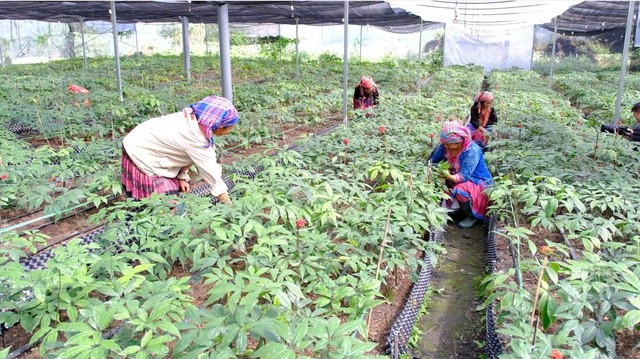
Currently, many medicinal herb growing areas have been established in mountainous and midland provinces such as Lao Cai, Lai Chau, Cao Bang, Quang Nam , Kon Tum, etc. Some enterprises and cooperatives have proactively invested in production, building concentrated raw material areas, gradually meeting domestic and export demand. Some precious medicinal herbs such as ginseng, Ngoc Linh ginseng, turmeric, yellow tea flowers, etc. have gained a certain position in the market.
However, the medicinal materials industry still has many limitations. The production scale is still fragmented, small-scale, lacking synchronization in planning. Natural exploitation still occurs, causing a decline in genetic resources and threatening sustainability. Preliminary processing and preservation activities in many places do not meet standards, leading to unstable quality of medicinal materials, affecting the effectiveness of use. This makes it difficult for Vietnamese medicinal materials to participate deeply in the global supply chain and reduces competitiveness compared to countries in the region.
GACP-WHO - Important international standards
Experts from the Traditional Medicine Administration and the Institute of Medicinal Materials have repeatedly emphasized that if the process of planting, harvesting, and preserving is not standardized soon according to international standards, the Vietnamese medicinal materials industry will hardly develop sustainably. This is a major barrier that prevents the rich potential from being properly exploited, while the demand for clean, high-quality medicinal materials for both domestic and export purposes is increasing.
GACP-WHO (Good Agricultural and Collection Practices – Good Agricultural and Collection Practices as recommended by the World Health Organization) is an important set of international standards for controlling the quality of medicinal herbs right from the input stage. GACP-WHO includes requirements from seed selection, soil, irrigation water, fertilizer, care process, harvesting, preliminary processing, preservation, transportation... to ensure clean, safe and traceable medicinal herbs.
Applying GACP-WHO not only helps improve the quality of medicinal herbs, but also creates trust for consumers, enhancing the reputation of Vietnamese products in the international market. This is also the foundation for developing medicinal products, functional foods, and cosmetics from medicinal herbs, contributing to increasing value and promoting exports.
The health sector has clearly identified the development of medicinal herbs in the direction of standardization as a key strategy. First of all, it is necessary to plan concentrated growing areas for each group of key medicinal herbs, associated with ecological advantages and local culture. At the same time, promote the application of science and technology in selecting, cultivating, and producing high-quality seedlings. Post-harvest preservation and processing technology needs to be invested in to limit loss and preserve active ingredients.
Another important factor is to develop a "four-house" linkage model: State - scientists - enterprises - farmers, to create a closed value chain. At that time, enterprises play the role of leading the market, scientists transfer processes, farmers organize production, and the State supports policies, capital and legal framework. Only when sustainable production chains are formed can Vietnamese medicinal herbs affirm their brand.
Along with that, training human resources and GACP-WHO technical training for farmers and cooperatives is also very necessary. Because this standard is not only a set of regulations, but also a change in production thinking - from traditional farming to modern, professional direction.
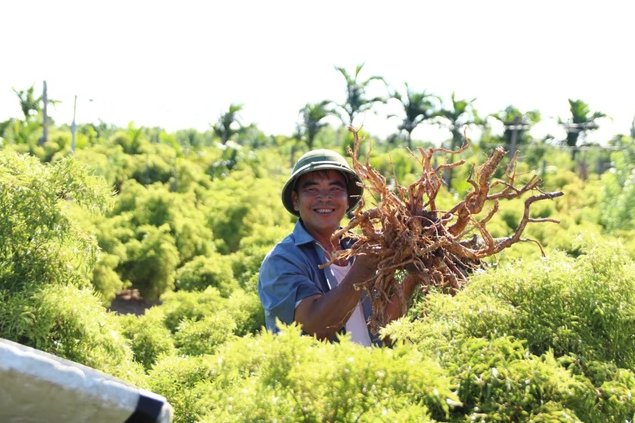
The health sector has issued many policies to support the development of medicinal herbs. National programs on the development of traditional medicine and pharmaceuticals and investment projects for key growing areas have been implemented. However, to create a breakthrough, stronger incentive mechanisms are needed for businesses, especially in the deep processing and export stages. The completion of the national standards and regulations system on medicinal herbs towards international integration also needs to be accelerated.
According to the general orientation, the goal in the coming time is to make Vietnam a regional center of standard medicinal herbs, meeting domestic demand and participating in the global market. The Department of Traditional Medicine Management also believes that developing medicinal herbs according to GACP-WHO standards not only preserves valuable genetic resources, but also contributes to environmental protection, creating sustainable livelihoods for people in mountainous areas - where many endemic medicinal plants are concentrated.
In the context of increasing demand for medicinal herbs, developing growing areas and production chains according to GACP-WHO standards is considered the "key" to opening a sustainable future for the Vietnamese medicinal herbs industry. When current limitations are gradually overcome, when farmers master standardization techniques, when businesses boldly invest in deep processing, Vietnam can completely build a prestigious medicinal herbs brand, reaching out to the international market.
This is not only an inevitable direction to enhance the value of medicinal herbs, but also an important contribution to the development of traditional medicine combined with modern medicine, better serving the work of caring for and protecting people's health.
Source: https://baolaocai.vn/dinh-huong-phat-trien-duoc-lieu-viet-dat-tieu-chuan-gacp-who-post880181.html



![[Photo] President Luong Cuong receives delegation of the Youth Committee of the Liberal Democratic Party of Japan](https://vstatic.vietnam.vn/vietnam/resource/IMAGE/2025/8/22/2632d7f5cf4f4a8e90ce5f5e1989194a)
![[Photo] President Luong Cuong attends special political-artistic television show "Golden Opportunity"](https://vstatic.vietnam.vn/vietnam/resource/IMAGE/2025/8/22/44ca13c28fa7476796f9aa3618ff74c4)


![[Photo] Prime Minister Pham Minh Chinh chairs the conference to review the 2024-2025 school year and deploy tasks for the 2025-2026 school year.](https://vstatic.vietnam.vn/vietnam/resource/IMAGE/2025/8/22/2ca5ed79ce6a46a1ac7706a42cefafae)










































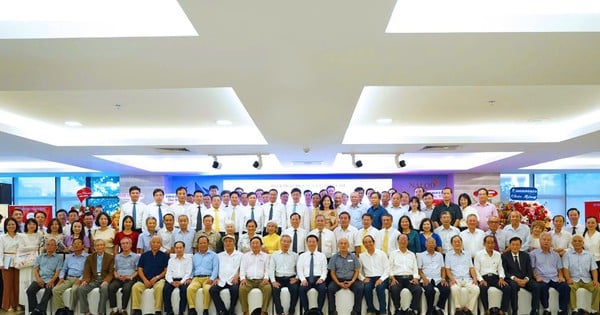

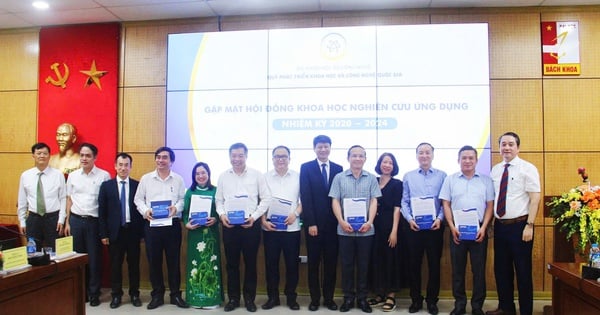









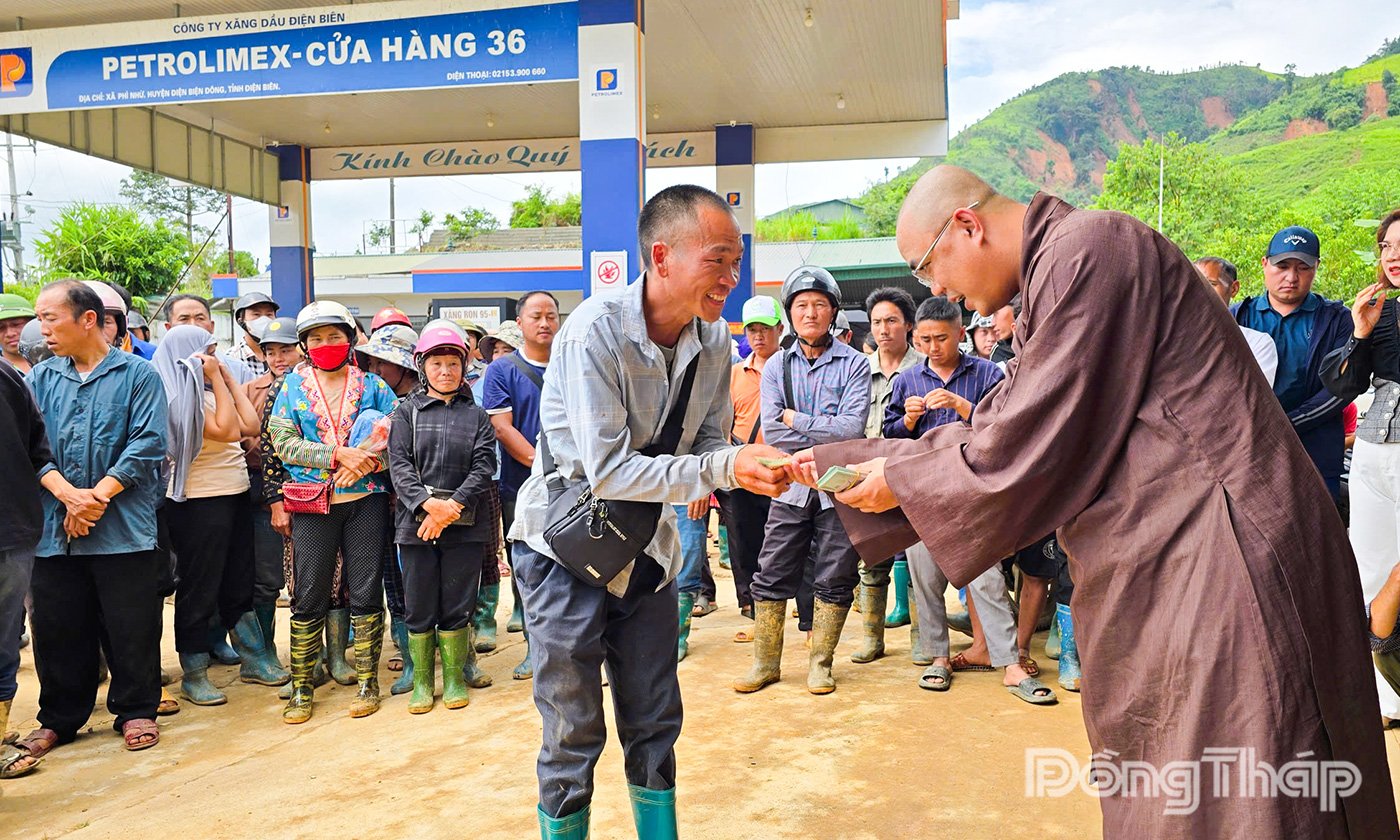



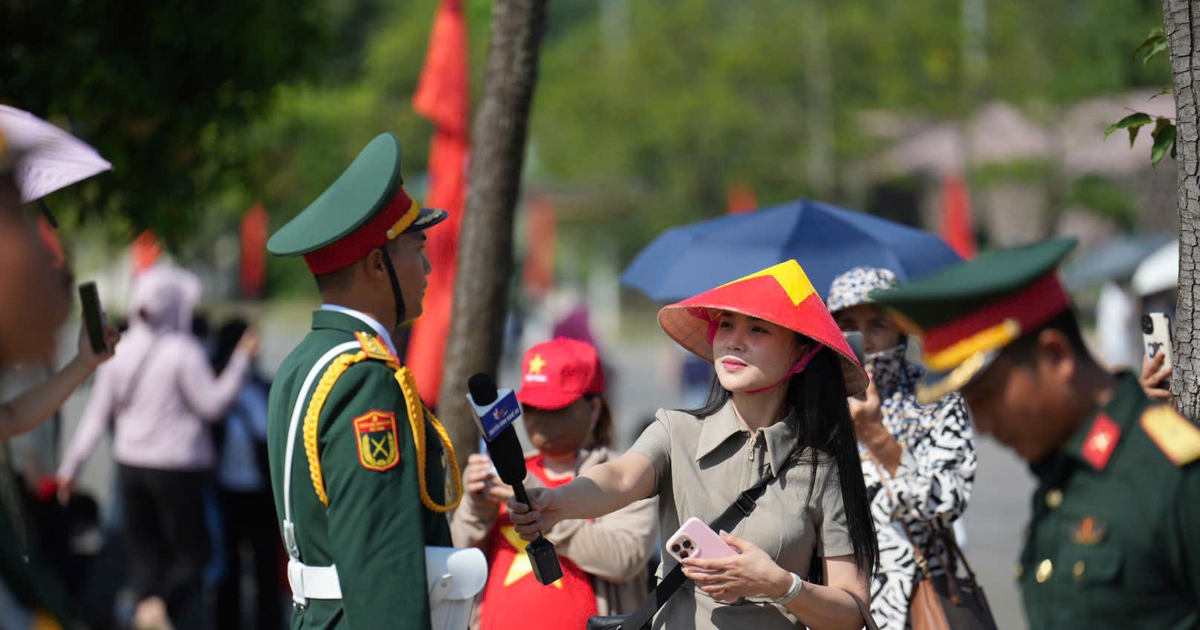

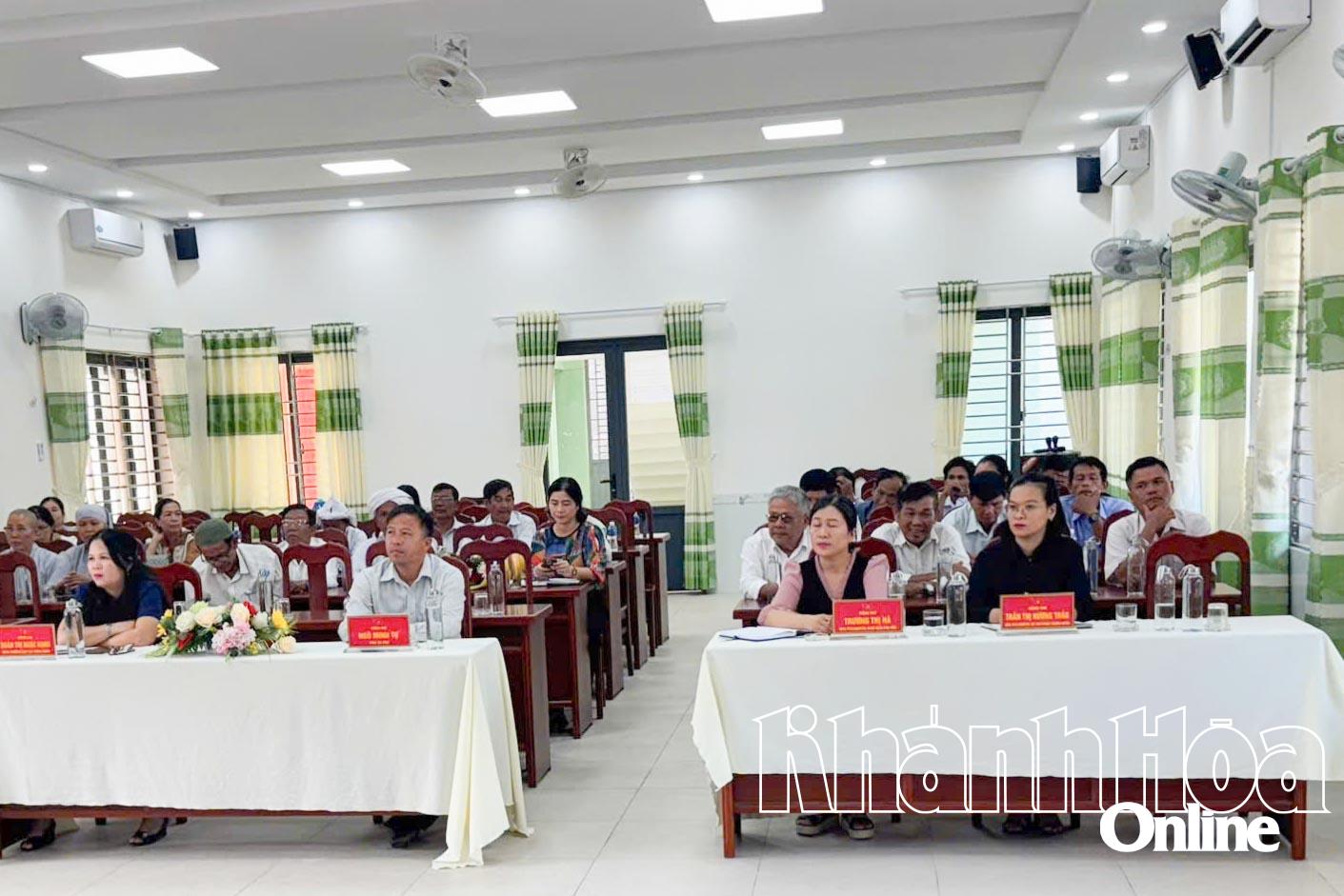















Comment (0)